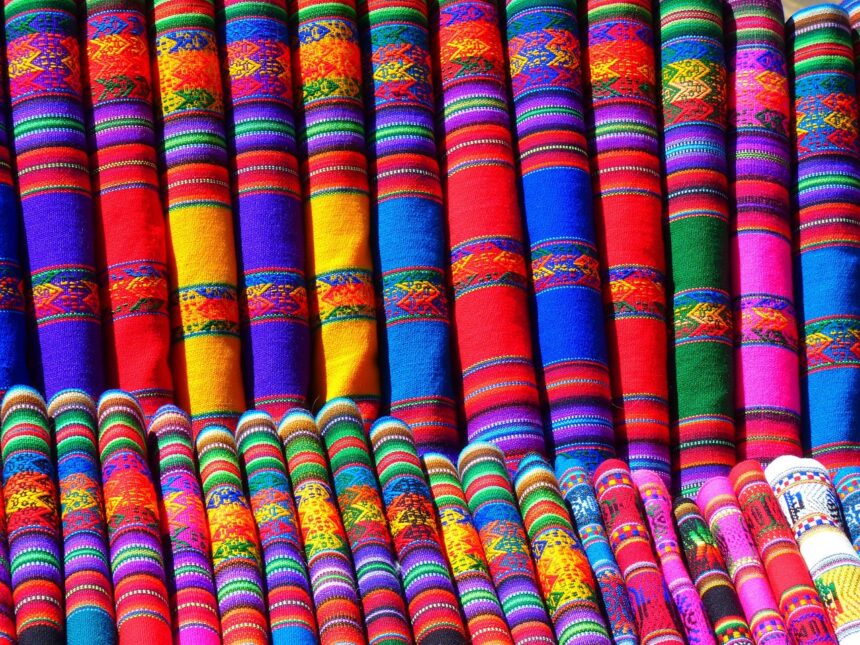India’s Textile Capital Goes Green with Eco-Friendly Innovations
Ahmedabad, Gujarat: Renowned as the textile hub of India, Ahmedabad is setting a national benchmark by adopting sustainable practices in its textile industry. Spearheaded by the Gujarat State Textile Policy 2021-2025 and supported by the Ministry of Textiles, the city’s initiatives focus on reducing environmental impact while boosting productivity and global competitiveness.
According to the Gujarat Textile Corporation, Ahmedabad’s adoption of eco-friendly technologies has contributed to a 25% reduction in water usage and a 15% cut in carbon emissions across textile units.
Key Sustainable Practices in Ahmedabad’s Textile Industry
Water Conservation Initiatives
- Zero Liquid Discharge (ZLD) Plants: Over 50 textile units have implemented ZLD systems, ensuring wastewater is treated and reused. This move has saved 10 million liters of water daily, a critical step in a water-scarce region.
- Eco-Friendly Dyes: The use of low-water and non-toxic dyes has reduced the industry’s dependency on chemical-laden water treatments.
Renewable Energy Adoption
- Solar Energy Integration: Over 30% of textile units in Ahmedabad now use solar power, generating 100 MW of clean energy annually. This shift has cut carbon emissions by over 50,000 tons per year.
- Energy-Efficient Machinery: The government has provided subsidies for upgrading to energy-efficient spinning and weaving machines, reducing electricity consumption by 20%.
Economic and Environmental Impact
Boosting Exports with Green Certifications
Ahmedabad’s focus on sustainable practices has increased demand for its textiles in global markets. Eco-certified textiles now account for ₹10,000 crore in exports annually, a 30% rise compared to previous years.
Creating Green Jobs
The green transition has created over 20,000 new jobs in renewable energy, waste management, and eco-friendly manufacturing, empowering local communities.
Policy Support and Collaboration
Incentives Under Gujarat Textile Policy
The Gujarat government offers incentives for adopting sustainable technologies, including subsidies of up to ₹1 crore per unit for energy-efficient machinery.
Public-Private Partnerships
Collaboration between the Gujarat Industrial Development Corporation (GIDC) and private firms has driven innovation in sustainable practices, ensuring their widespread implementation.
Ahmedabad’s Vision for a Sustainable Textile Future
With plans to increase solar energy adoption to 50% of textile units by 2030 and introduce more stringent wastewater management norms, Ahmedabad is committed to its green transformation. The city’s leadership in sustainable textiles not only enhances its reputation but also inspires industries nationwide to adopt eco-friendly practices.
Ahmedabad: Weaving Sustainability into Growth
As Ahmedabad continues to revolutionize its textile industry with sustainable practices, it solidifies its position as a global leader in eco-friendly manufacturing. The city’s commitment to green innovations serves as a model for balancing industrial growth with environmental preservation.


Leave a Reply